Marshall Dlamini: From Parliament Altercation to Suspended Sentence
The Secretary-General of South Africa's Economic Freedom Fighters (EFF), Marshall Dlamini, has been handed an 18-month prison sentence, suspended for a period of five years, after he was found guilty of assaulting a policeman during a heated confrontation in Parliament back in 2019. Despite the severity of the incident and subsequent conviction, Dlamini has managed to retain his status as a Member of Parliament (MP), a point of contention and debate among political analysts and the public alike.
The incident took place in the chaotic aftermath of the 2019 State of the Nation Address (Sona), a high-profile event often marked by intense political discourse and, sometimes, physical confrontations. During this particular altercation, Dlamini was caught on camera hitting Constable Johan Carstens in the face, breaking his glasses and causing a 3cm cut on the bridge of his nose, along with notable facial redness. The footage of the incident quickly made the rounds on social media, sparking outrage and drawing an array of reactions from various sectors of society.
The Court's Decision and Its Implications
The court's verdict, delivered after a protracted legal battle, found Dlamini guilty of assault with intent to cause grievous bodily harm and malicious damage to property. However, rather than serving prison time, Dlamini received a suspended sentence. This sentence implies that he will not have to spend any time behind bars unless he commits another offense within the next five years. It is a decision that has raised questions about the legal leniency accorded to political figures and the broader implications for accountability and justice in the country.
According to Section 47(1)(e) of the South African Constitution, an MP is disqualified from holding office if convicted and sentenced to 12 months or more in prison without the option of a fine. Because Dlamini's sentence was suspended, he sidestepped this clear-cut constitutional provision, allowing him to remain an active member of Parliament. The decision has sparked debate on various fronts, with some arguing that it sets a worrying precedent for how political misconduct is addressed.
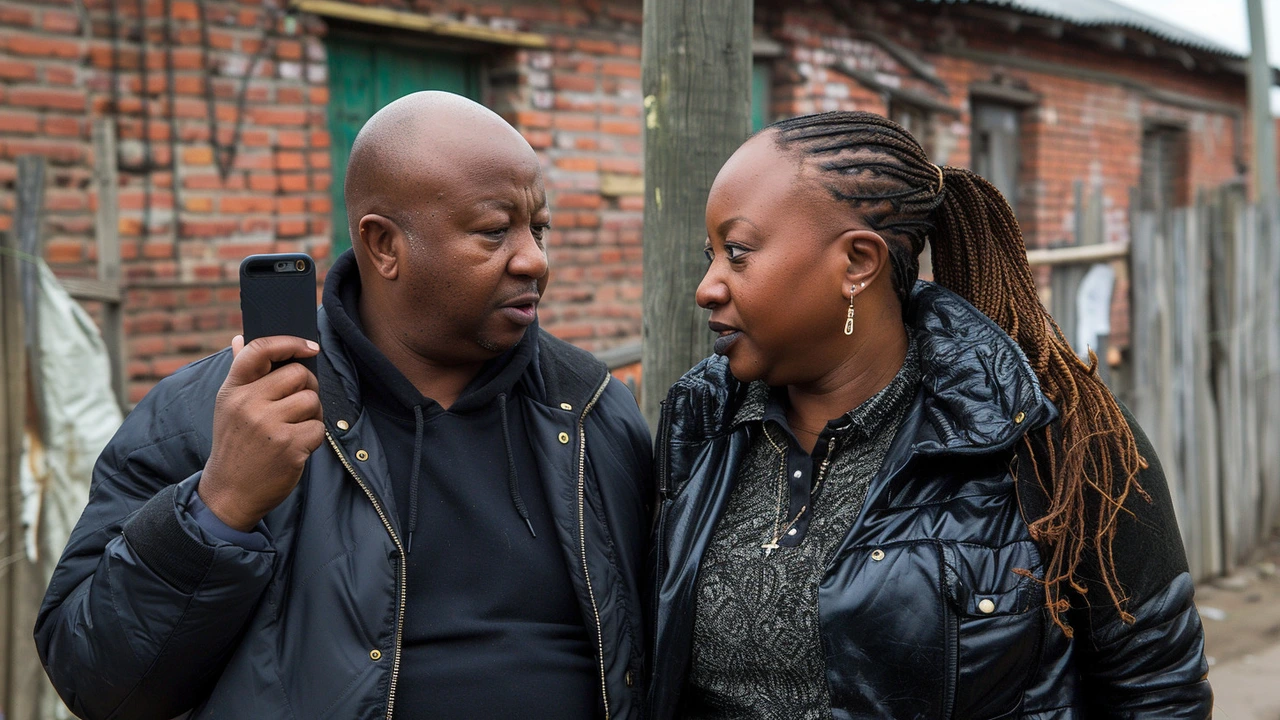
The EFF's Stance and Public Reaction
The Economic Freedom Fighters, a party known for its radical stance and robust defense of its members, has stood firmly by Dlamini throughout the ordeal. The EFF has maintained that during the Sona 2019 incident, there was a genuine threat to the safety of its members, and Dlamini's actions were in response to this perceived danger. EFF spokesperson Mathys publicly praised the court for recognizing what they see as Dlamini's contributions to the political landscape and his qualifications in serving the public.
Mathys and other EFF leaders have repeatedly suggested that there was a concerted effort to undermine their presence and prevent them from fulfilling their duties during the high-tension event. This narrative has been echoed in various party communications, reinforcing their base's perception of Dlamini as a figure who acted in defense of the party's integrity and safety.
Broader Political Context
The incident, along with the court's decision, cannot be viewed in isolation but rather as part of the broader political dynamics playing out in South Africa. The EFF, under the leadership of Julius Malema, has often positioned itself as a disruptive force in South African politics, challenging the status quo and speaking out vehemently against corruption and economic disparities. This stance has earned them both fervent supporters and staunch critics.
The 2019 Sona was particularly notable for the heightened tensions between the EFF and other political factions. The event, intended to be a solemn address outlining the government's agenda, was marred by interruptions and altercations, with the EFF at the center of many of the disputes. The party's aggressive tactics have been a double-edged sword, garnering significant media attention and influence while also drawing criticism for their approach to parliamentary conduct and decorum.
Legal and Ethical Questions
Dlamini's case raises several legal and ethical questions, particularly concerning the boundaries of acceptable behavior for elected officials. While the suspended sentence allowed Dlamini to continue serving as an MP, it also spotlights the judiciary's role in balancing lawful consequences with political realities. The nuances of this case touch upon issues of privilege, accountability, and the intersection of law and politics.
Critics argue that the leniency shown to Dlamini may embolden other political figures to engage in similar behavior, knowing that legal repercussions may be mitigated by their political influence. Conversely, supporters see the decision as a necessary check against efforts to politically neutralize opposition figures, particularly those who take a more confrontational stance against the ruling establishment.
Public Sentiment and Future Implications
The public reaction to Dlamini's suspended sentence has been mixed. Supporters of the EFF and some segments of the public view the sentence as justified given the context of the incident and Dlamini's perceived role in defending his party. On the other hand, detractors argue that the sentence undermines the rule of law and sets a dangerous precedent for political accountability.
The case also underscores the importance of clear guidelines and standards for parliamentary conduct and the handling of political altercations. As the EFF continues to play a significant role in South Africa's political landscape, the actions and consequences faced by its members will continue to shape public discourse and perceptions of political justice.

Conclusion
Marshall Dlamini's case is emblematic of the complex interplay between politics, law, and public perception. While his suspended sentence allows him to retain his position as an MP, it also opens up a broader conversation about the standards to which elected officials are held and the mechanisms in place to ensure accountability. As South Africa navigates its political future, cases like Dlamini's will likely continue to spark debate and influence the nation's legal and political narratives.
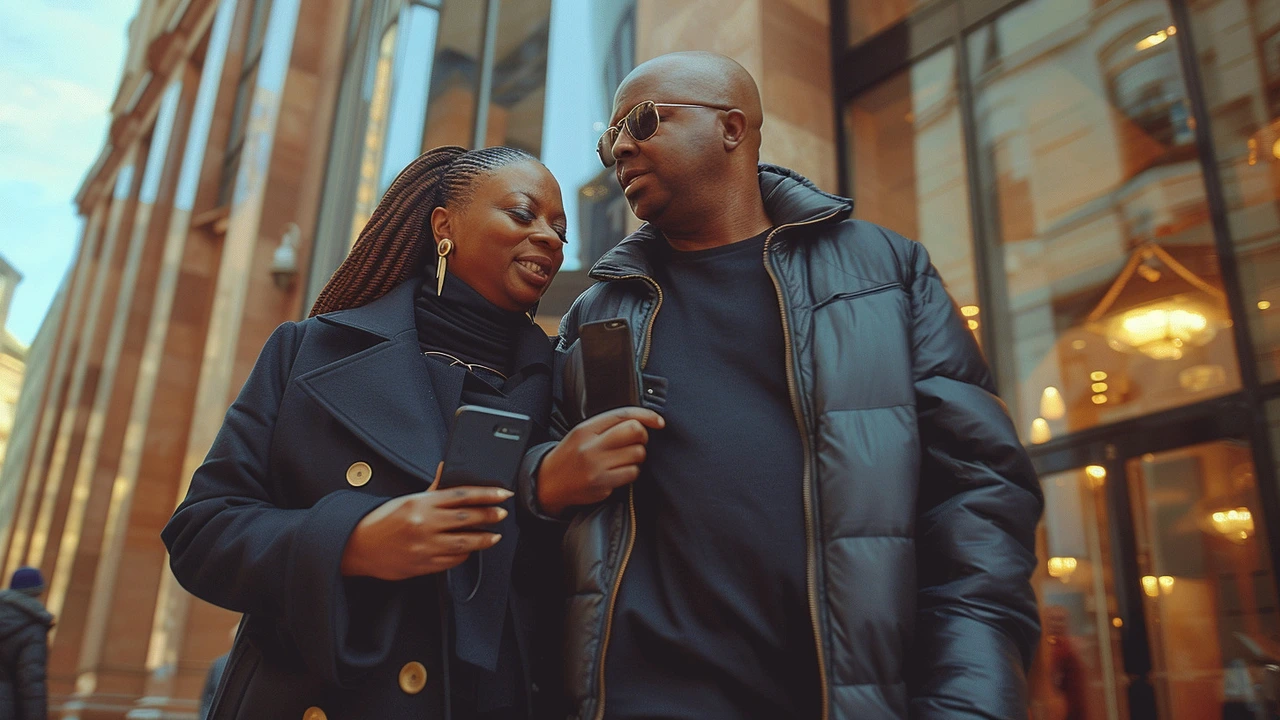

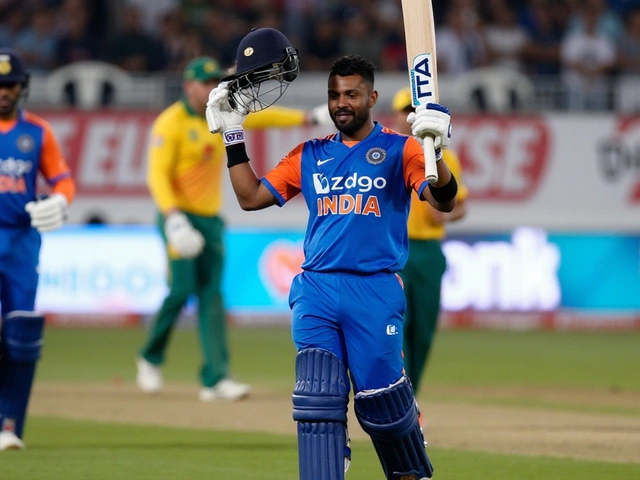
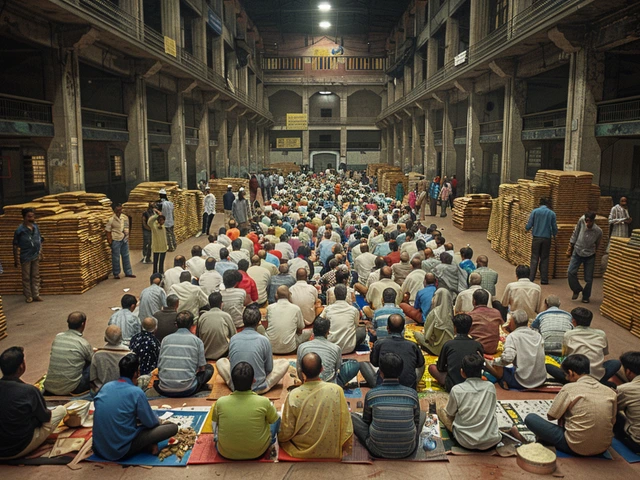
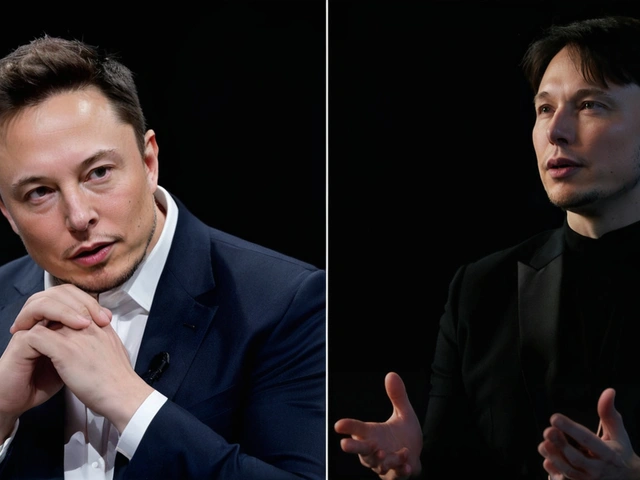


Write a comment